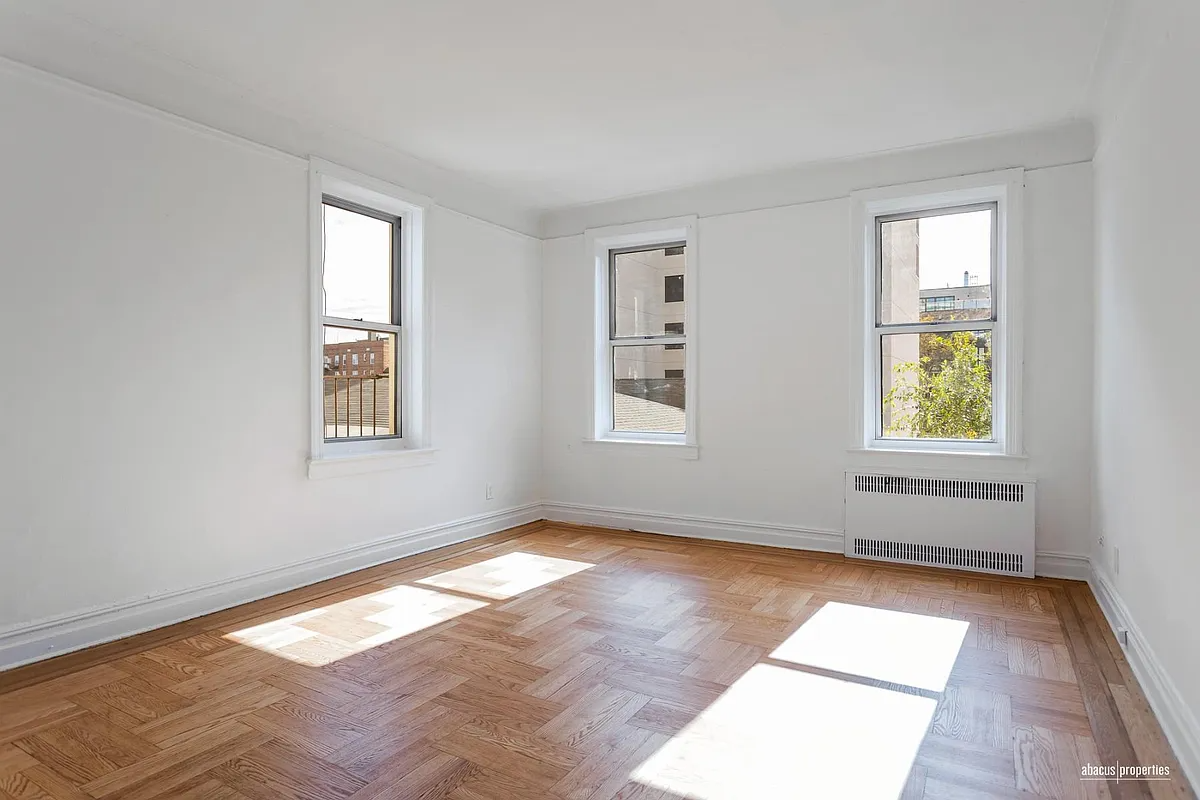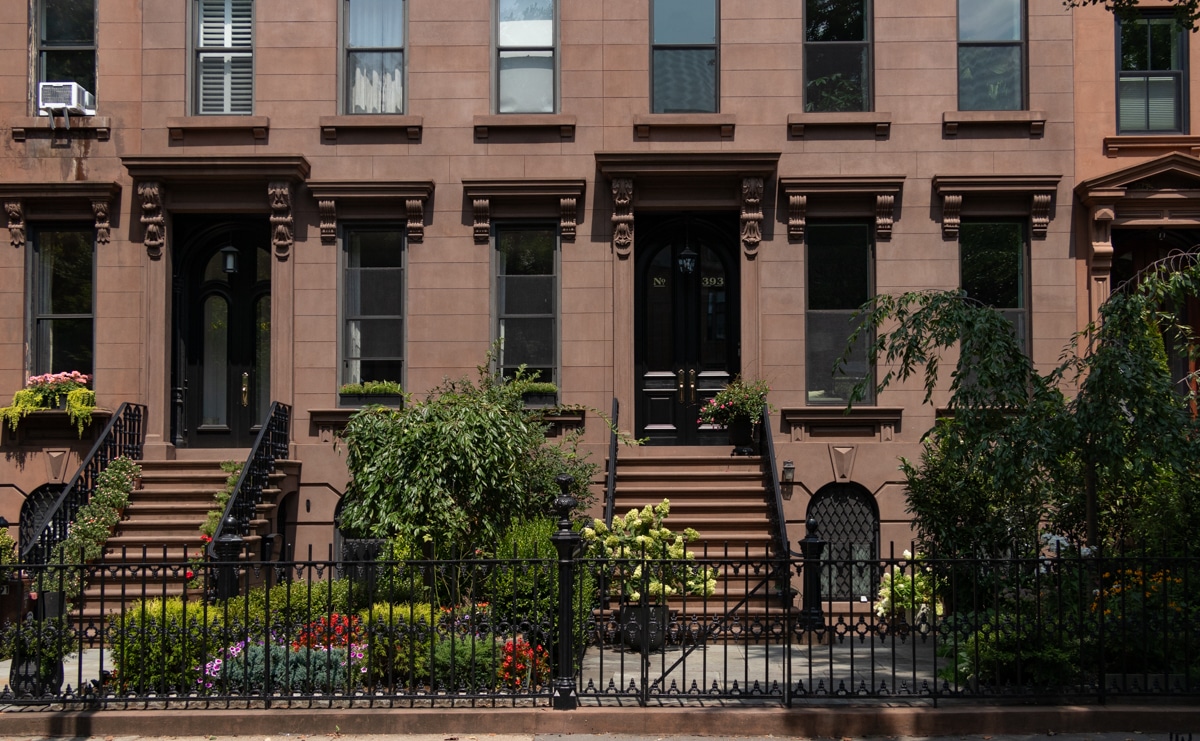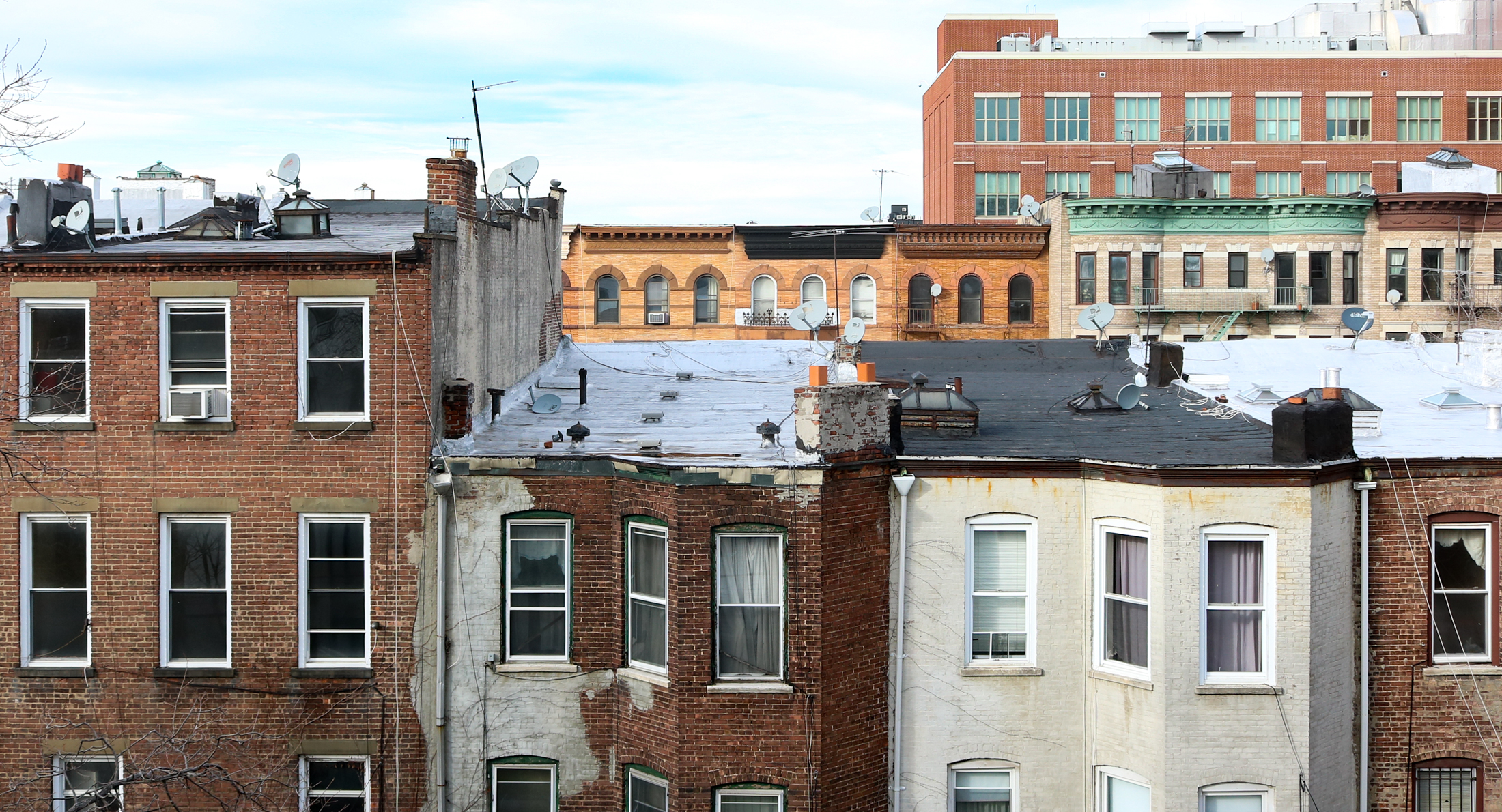Parking Minimums Downtown Being Reconsidered
The article itself is behind Rupert’s paywall, but information wants to be free so luckily StreetsBlog blogged yesterday Wall Street Journal piece on changes to the rules governing parking that the Department of City Planning is currently considering. In the article, a spokesperson for Council Member Stephen Levin is quoted as saying, “There is a…


The article itself is behind Rupert’s paywall, but information wants to be free so luckily StreetsBlog blogged yesterday Wall Street Journal piece on changes to the rules governing parking that the Department of City Planning is currently considering. In the article, a spokesperson for Council Member Stephen Levin is quoted as saying, “There is a movement afoot to eliminate or decrease the parking minimums.” The term “parking minimums” refers to the zoning rule that has required developers on new residential buildings in places like Downtown Brooklyn to create enough off-street parking to cover 40 to 50 percent of their units; projects like the Oro, Toren and Avalon, for example, have had to create hundreds of parking spots among them. Based on the article, it sounds like just about everybody, from Levin to the Downtown Brooklyn Partnership to the MetroTech BID, would be in favor of reducing them.
Movement Afoot to Drop Downtown B’klyn Parking Minimums [StreetsBlog]
Parking Industry Feels Under Attack [Wall Street Journal]





As usual, FinanceGuy is a voice of reason on this site. Let me add just one other comment to his analysis. Another drawback of the current parking mandate is that it forces the non-car-owners in a new building to subsidize those who own a car.
I’ll use my condo as an example. It is a small complex (46 units) and the developer had to provide space for 23 cars. Since my condo is a relatively small structure, the garage requirement added a significant cost its development, which was then apportioned to all owners when they purchased their unit from the sponsor.
I would suggest that we move to the system used in Tokyo and much of Japan. When a person registers a car there, they must provide proof that they have an off-street spot for overnight parking. They do not mandate where the spot must be, just that the person have one.
I think it would be amazing if NYC simply required a resident permit… and perhaps had some option for guests.
I bet 1/2 of the non-New York cars would immediate disappear and the rest would actually be registered and insured in this state! As it is in Boston, you can’t get a resident sticker without a valid, local registration and proof of residency… and all have to match.
While I totally agree with the Clearing Rates / Market Equilibrium theory of Mr. Finance Guy… I think the real problem is COMMUTING with a car. I would be really miffed if you took my car away (or made it very expensive to keep). I don’t drive my car very much. I use it mostly to escape from the city. It ALREADY costs $20 just to get outside of the 5-boroughs for a day/weekend trip. The city can be a little prison — a crap load of money and sometimes 2+ hrs just to get beyond the city limits.
Making my periodic escape from the city more expensive might cause me to commit egregious crimes against humanity.
Its typically the neighboring residents in low-rise areas that support the parking minimums, so that they get to keep the free street parking for themselves. And while I love my free street parking, lack of easy street parking can be the biggest incentive not to own a car unless absolutely necessary.
An excellent opportunity to try free market solutions.
If drivers want parking and are willing to pay for it, the market will provide — there is no reason to expect a market failure here.
The capitalist solution would be to eliminate ALL parking mandates in the zoning laws.
The City should also stop subsidizing street parking. Subsidies cause shortages and parking shortages cause wasteful and polluting cruising. Instead, the City should raise meter prices to market clearing rates — i.e., until it is always possible to find a parking spot within a block or so. That way, those who need and are willing to pay for parking would find it without wasting time and gas; private landowners would be able to profit from providing additional parking without having to compete with government subsidies; and drivers would have an incentive to act in a socially efficient way instead of creating congestion for no purpose.
As a side benefit, all the traffic caused by drivers hunting for artificially scarce subsidized parking would simply disappear, improving everyone’s life.
Pete, thought these folks dont want to own or drive a car -ie that’s the major reason to live so so close to the big subway hub here
plenty of pluses and minuses — but I think better off with the requirement. Otherwise – the low density blocks nearby end up providing the ‘infrastructure'(parking- people cruising for parking) for the high density development nearby.
Levin is such a doofus
Maybe they should take a look at future new development along 4th avenue as well.
Yes, that leaked information out of Pakistan is now free. Guess the Pakies aren’t really our friends afterall. Who could have guessed it.
Send in the drones.
http://www.youtube.com/watch?v=rA6YXuagiuU